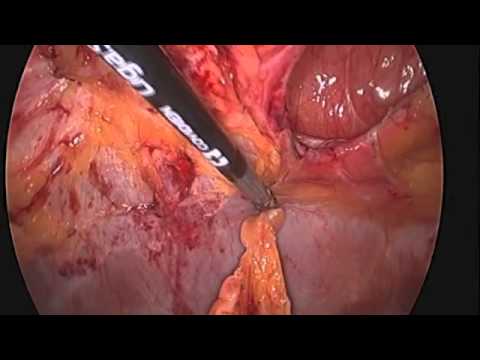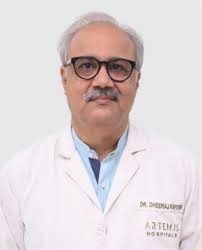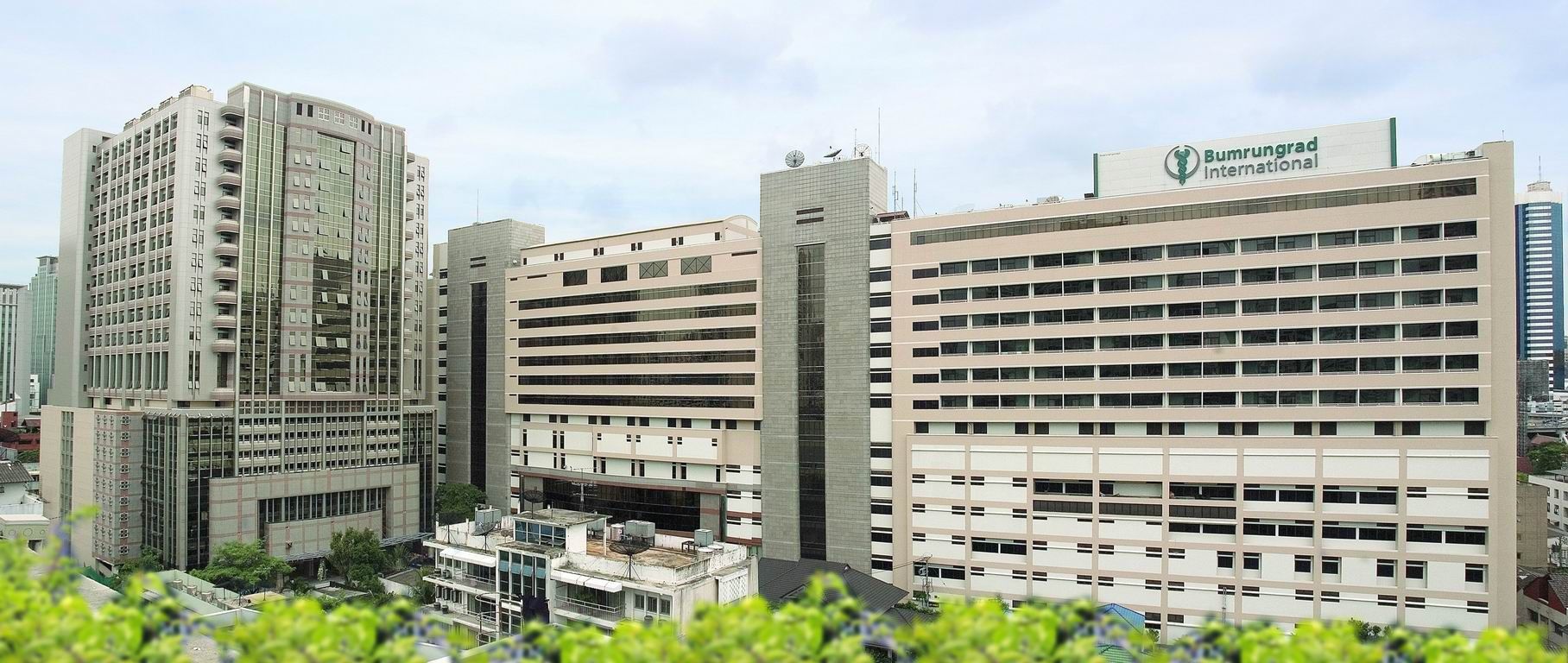General Surgery
Epigastric Hernia Repair Treatment
Epigastric Hernia
Epigastric hernias are lumps or bulges that occur in the upper part of the patient’s abdominal wall, in the site known as the epigastrium, which is just below the breastbone and above the navel. Epigastric hernias can be present since birth. They may differ in size, and it is possible to have more than one epigastric hernia at the same time.
What is an Epigastric hernia?
Epigastric hernias are lumps or bulges that occur in the upper part of the patient’s abdominal wall, in the site known as the epigastrium, which is just below the breastbone and above the navel. Epigastric hernias can be present since birth. They may differ in size, and it is possible to have more than one epigastric hernia at the same time. Generally, an epigastric hernia is small, with only the lining of the abdomen breaking through the surrounding tissue. Larger hernias may result in a part of the stomach or fatty tissue to push through. For many people, small hernias do not result in some problems, may only be visible at certain times, and may even remain unnoticeable when lying down. Many of the people are even unaware that they have an epigastric hernia.
Epigastric Hernia Symptoms
The individual with epigastric hernias usually does not experience any symptoms. Some people go through childhood and adolescence unknowingly they have an epigastric hernia. However, many children feel the symptoms at a young age.
Epigastric Hernia Symptoms in both adults and children include the following: 
- Pain
- Tenderness
- An abdominal lump that can be felt and seen
Certain actions such as crying, straining, or having a bowel movement, may cause or worsen these symptoms. The symptoms of some epigastric hernias just come and go, which is called a reducible hernia.
Complications that can be resulted due to Epi Hernia Repair:
General complications due to Epi Hernia Repair are:
- Pain
- Bleeding
- Infection of the surgical wound
- Unsightly scarring
- Blood clotting
Specific complications due to Epi Hernia Repair are:
- Developing a collection of fluid or blood
- Injuries to the structures within the patient’s abdomen
Cause of Epigastric Hernia
An epigastric hernia is generally present since birth. An Epigastric hernia is formed as the result of a weakness in the patient’s abdominal wall muscles or incomplete closure of abdominal tissue during the development.
Cause of epigastric hernias include:
- Obesity
- Pregnancy
- Coughing fits
- Heavy Lifting
- Physical Labor
- Intensive sports or training
Treatment in Children for Epigastric Herniorrhaphy
An epigastric hernia will not heal by itself and does need surgery to get repaired. However, unless the hernia threatens to become an emergency, surgery can be postponed until the child has become older. Toddlers are better at tolerating the surgery better than the newborns, so it may be beneficial to wait before the operation is being performed.
Treatment in Adults for Epigastric Herniorrhaphy
It is not uncommon for an adult to be diagnosed with an epigastric hernia that they were unaware of earlier in life. There is also a possibility that the hernia that was known to be present for many years to become a major issue later as the individual ages. For many of the people, a hernia does not result in symptoms until later in their life due to muscle weakness, strain, or obesity on the muscular wall of the abdomen. In these cases, surgical repair may be required if the hernia results in pain or threatens to become strangulated.
Epigastric Hernia Surgery
- Surgical repair can be performed either under the general anaesthetic or under the local anaesthetic, generally depending on the preference of the patients and the advice given by the surgeon.
- Once the anaesthetic is being given to the patients and has taken its course, the surgeon will make a cut in the hernia and then a laparoscope, which is a thin tube with a light that allows the surgeon to view the patient’s abdominal organs and hernia, is being inserted in to the body through that cut.
- The surgeon will then make another cut for other surgical instruments.
- The surgeon will place the hernia sac to its correct position.
- The surgeons will also strengthen the muscle of the patient’s abdominal wall.
- If the site resulting in the muscular weakness is small, the surgeon may stitch it up.
- These permanent stitches are called sutures, and these stitches will restrict the hernia from pushing through again.
- Large areas of muscular weakness may need a patch of nylon mesh, which is stitched in place to cover up the hole.
- But, this may not be suitable for those people who have previously rejected other surgical implants.
- Once the hernia sac is in the correct place and the suture or mesh is in the position, the surgeon will then remove the laparoscope and close the surgical cut.
- Dissolvable stitches are generally used to close the surgical wound.
- The surgeon will then cover the wound with the help of a waterproof dressing.
How soon will The Patients recover after epigastric hernia surgery?
- The patients should be able to go home the same day as the surgery is being performed.
- The patients must gradually increase how much they can walk around over the first few days.
- The patients should be able to return to their work after 1 to 2 weeks, depending on how much surgery they require and also on their type of work.
- Regular exercise should help the patients to return to their day to day activities as soon as possible.
- Before the patients start exercising, they must ask the healthcare team or their GP for advice.
- The patients must keep in mind that the hernia can return back.
Benefits of Epigastric Hernia Repair Surgery are:
-
The patients will no longer have the hernia. Surgery can help in relieving pain that is being caused due to the hernia. The patients may still experience pain if it is caused by any other problem.
Alternatives to Epigastric Hernia Repair Surgery are:
- The hernia can be left alone but the pain caused by the hernia will generally continue and the complications can occur. The hernia will not get better without surgery.
Best Hospitals for Epigastric Hernia Repair
- Fortis Memorial Research Institute, Gurgaon
- Medanta The Medicity, Gurugram
- Artemis Hospital, Gurugram
- Max Hospital, Delhi
- Apollo Hospitals, Delhi
- BLK-Max Super Speciality Hospital, Delhi
Best Doctors for Epigastric Hernia Repair
- Dr. Amit Javed
- Dr. Adarsh Choudhary
- Dr. Paritosh S Gupta
- Dr. Pradeep Chowbey
- Dr. Deepak Govil
- Dr. Deep Goel
Why Choose GetWellGo for Abdominal Epigastric Hernia Repair Treatment?
These are the some of the benefits accruable from seeking abdominal epigastric hernia repair treatment from GetWellGo because this company can assist international patients in the following ways; here are key reasons why GetWellGo might be an excellent choice for abdominal epigastric hernia repair:
- Specialized Medical Expertise
- Comprehensive International Patient Services
- Pre-Arrival and Travel Support
- Transparent and Affordable Pricing
- Comprehensive Postoperative Care
- Enhanced Patient Comfort and Convenience
- Travel and Accommodation
- Medical Visa Assistance
FAQ
1. What does epigastric hernia repair successfully achieve?
- The success rate of epigastric hernia repair is high, usually greater than 90-95%. The recurrence rate is low, especially when mesh reinforcement is used.
2. When is recovery after epigastric hernia repair?
- Laparoscopic surgery: Recovery takes about 1-2 weeks for light activity and 4-6 weeks for heavy activity.
- Open surgery: Depending on the size and complexity of the hernia, recovery can take up to 4-6 weeks.
3. What are the benefits of epigastric hernia repair?
- Symptom relief: Surgery reduces the pain, discomfort, or nausea caused by acne.
- Prevention of complications: This reduces the risk of complications such as compression or incarceration of the soft tissue.
- Quality of life: Restores normal function and reduces restrictions caused by hernias.
- Cosmetic enhancement: Surgical treatment of curvature of the abdominal area for a more aesthetic appearance.
TREATMENT-RELATED QUESTIONS
GetWellGo will provide you end-to-end guidance and assistance and that will include finding relevant and the best doctors for you in India.
A relationship manager from GetWellGo will be assigned to you who will prepare your case, share with multiple doctors and hospitals and get back to you with a treatment plan, cost of treatment and other useful information. The relationship manager will take care of all details related to your visit and successful return & recovery.
Yes, if you wish GetWellGo can assist you in getting your appointments fixed with multiple doctors and hospitals, which will assist you in getting the second opinion and will help you in cost comparison as well.
Yes, our professional medical team will help you in getting the estimated cost for the treatment. The cost as you may be aware depends on the medical condition, the choice of treatment, the type of room opted for etc. All your medical history and essential treatment details would be analyzed by the team of experts in the hospitals. They will also provide you with the various types of rooms/accommodation packages available and you have to make the selection. Charges are likely to vary by the type of room you take.
You have to check with your health insurance provider for the details.
The price that you get from GetWellGo is directly from the hospital, it is also discounted and lowest possible in most cases. We help you in getting the best price possible.
No, we don't charge patients for any service or convenience fee. All healthcare services GetWellGo provide are free of cost.
Top Doctors for General Surgery
Top Hospitals for General Surgery
Contact Us Now!
Fill the form below to get in touch with our experts.







